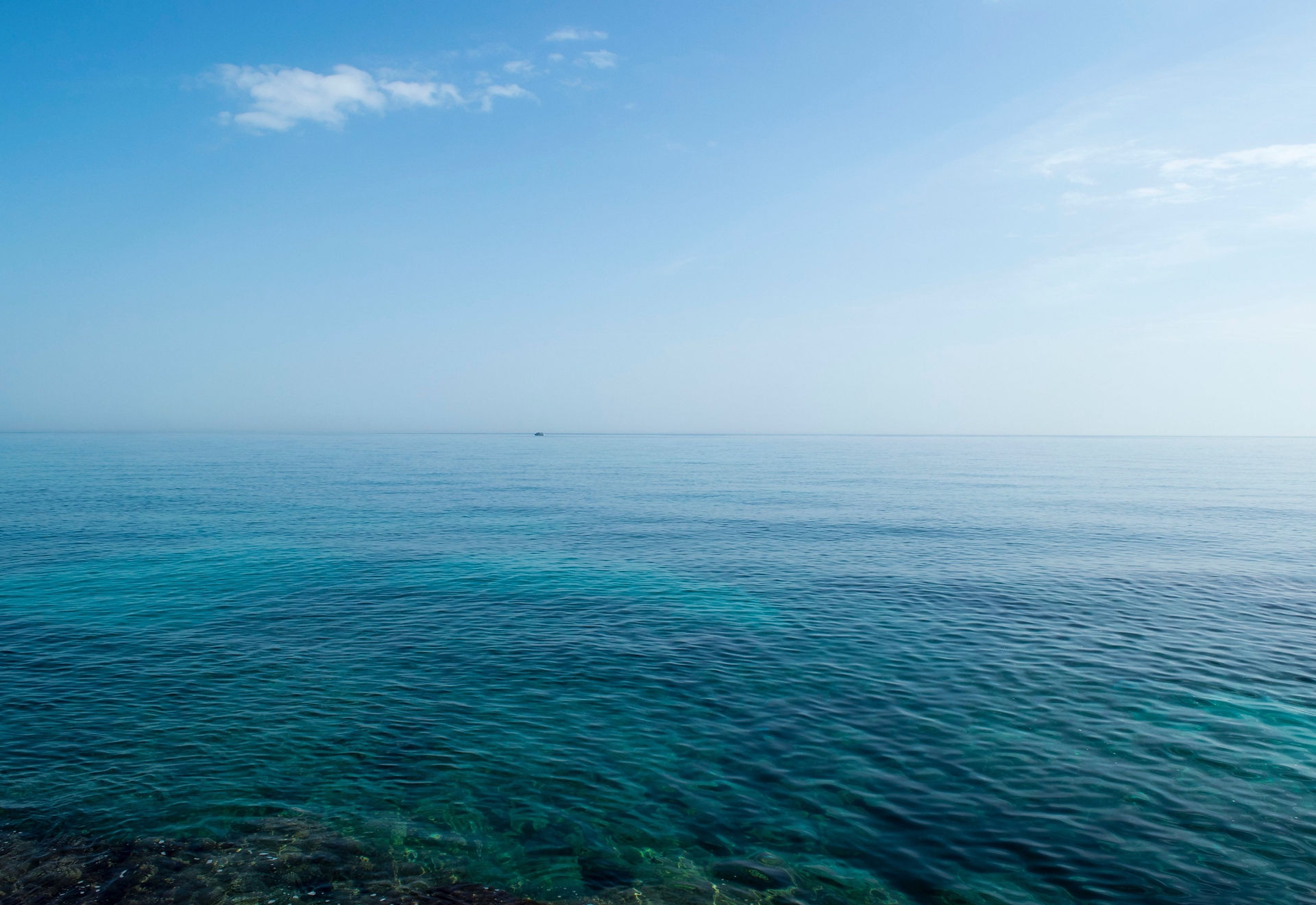
Our data is FAIR
FAIR stands for Findability, Accessibility, Interoperability and Reuse. The four principles are subcategories with guidelines. The guidelines are formulated with the aim that they should be followed in connection with the design of a data management plan, be guiding in the practical work and that for evaluation purposes it should be possible to measure the level of "FAIRness" for the finished result.
Read more at GoFAIR

FINDABLE
The metadata and data should be easy for both humans and computers to find. Guideline F4 says data should be recorded or indexed in platforms accessible to search tools, which our website is due to Wix being an established platform for websites. On our website it is easy to navigate and find the tab “our data”.
Our data is easy to find - a prerequisite for its value creation
ACCESSIBLE
When found, the data need to be accessible for the user. This could possibly include authentication ad authorization. Some of the fair principles regarding Accessibility is A1. Data is retrievable by their identifier using standardized communications protocol and A1.1: the protocol is open, free, and universally implementable. Our data is presented in a standard format for visualizing data, it is downloadable from our website in the wanted format, sand our website is accessible to everyone who has access to internet.



INTEROPERABLE
This means that systems can “cooperate” by getting access to and using each other’s information. Interoperable data can be read by machines without specialized solutions. For this it is important to use standardized and accepted forms of data, and to use a well-defined structure to organize data and meta data. It is important to explain the datasets. The classical formats of Excel and CSV are regularly used in data science and is compatible with all coding languages. This makes our data easy to handle and use.
REUSABLE
he more information that is provided, the better, and it is easier to find, assess and reuse data if it is thoroughly describes from different perspectives. There should be information provided about the circumstances of how the data were generated or collected. The data should be structured similarly to other data within the same field. Therefore, the field's established recommendations or standards for research data should be followed as far as possible.
In this project we have looked at other organizations and websites who have published similar data and tried to follow their structure. Our sensor collects data with a time stamp as well as the geographical position it was collected at - making it easy to combine with data sets from other external sources
